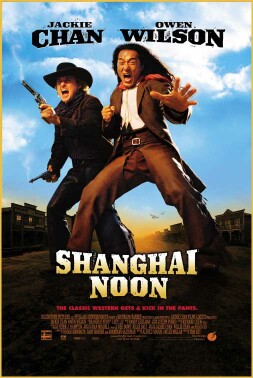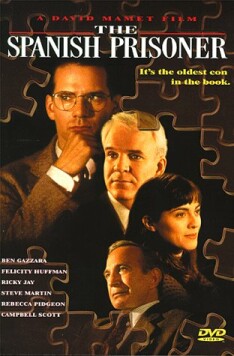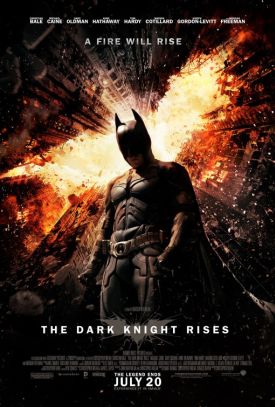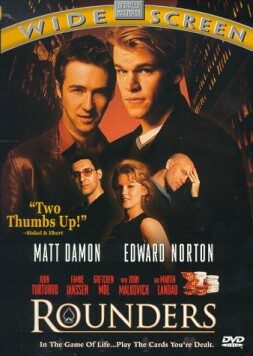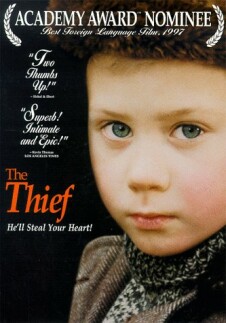Shanghai Noon
Shanghai Noon, directed by Tom Dey from a script by Miles Millar and
Alfred Gough, is a spoof- Western in the manner of Blazing Saddles but
with two main differences from Mel
Brooks’s classic. One is that it is 26
years further away from the sort of conventions of the genre that Blazing
Saddles was obviously sending up. The other, possibly related, is that it is
not as funny. Indians who say “How” in greeting and call white people “kemosabe”
wouldn’t have been funny in Mel Brooks’s day, but I think that Dey and his
screenwriters think they are supposed to be funny today. Possibly audiences will
agree with them, though it didn’t seem so to me. The conventions of the movie
gun-fight are obviously not understood very well here either, which makes the
film’s attempt to send them up rather a hit-and-miss affair.
Worst of all is the fact that the film has learned nothing from the
disappointment of Rush Hour (1998) and has wasted the talents of the
remarkable Jackie Chan in an exactly similar way. The presentation of this
actor’s acrobatic style of fighting is
not given the prominence it deserves and is all muddled up with slapstick and
pratfalls. Even trick photography is used, which it used to be Mr.
Chan’s proud boast never to have
resorted to. As in Rush Hour, too, this obviously solo artist is made to
fit a Hollywood-style buddy picture like a square peg in a round hole. The buddy
in this case, a bumbling but lovable outlaw called Roy O’Bannon (Owen Wilson),
is at least a genuine comic talent in his own right, and some of his comic bits
would have been rather good if not unnaturally conjoined to the very different
kind of comedy that Jackie Chan is good at. Moreover, they are often and almost
fatally tinged with the kind of druggie, slacker humor that, I guess, you have
to be high yourself in order to find funny.
The plot is quite as ridiculous as any of those that Mr. Chan used to make in
his Hong Kong days. He plays Chon Wang
( “John Wayne?
That’s a terrible name for a
cowboy,” says Roy), a Chinese imperial
guard who is sent to America to rescue a Chinese princess, played by Lucy Liu,
who has been kidnapped by the sinister Fong (Roger Yuan) and is being held to
ransom while hidden among a gang of Chinese coolie railroad workers. Her
compassion for the workers and her desire to be a relatively free American
rather than a cossetted Chinese princess (yeah, right) makes her extract from
the obsequious Chon a promise to rescue her both from Fong and from those other
imperial guards who have come to take her home again.
When Roy and his gang rob the train that the Chinese are travelling on the
two buddies-to-be meet, fight, and almost succeed in killing each other, which
as all movie-goers know is a very sound foundation for subsequent friendship in
comedy-westerns. The rest of the plot, though more or less incomprehensible,
doesn’t really matter except as it
provides the occasion for Roy to joke and Jackie to fight. The best of the jokes
come in the final shoot-out in a church between Roy, who is a terrible marksman,
and the ruthless federal marshal who has been hunting him down. As
Roy’s six-shooter riddles a plaster
angel far above the marshal’s head he
calls out, “I hit
you?”
“No,” |
says the marshal, “but
you’re
gettin’ real
close.” No wonder he wonders,
“How do you survive out
here?”
But Roy, peering from behind a pillar in the church, still has a trick up his
sleeve. “Maybe we should let bygones
be bygones,” he suggests.
“Call it a
tie?”
In the Blazing Saddles tradition, here is also a lot of ethnic,
therapeutic and political humor which is rather uneven. The fact that a hayseed
thinks Indians are Jews does not seem to me to be quite uproarious, though the
following dialogue, placed in the context of the Old West is perhaps worth a
thin smile:
“I’m a no good
outlaw.”
“No, you’re a good
outlaw.”
“No I’m not. I’m a
screw-up.”
“No,
I’m a
screw-up.”
We are supposed to find this funny because we know that
cowboys — at least the movie cowboys
that are part of the American
folk-memory — never talked like this,
never
“shared”
their vulnerable, sensitive sides with each other. But in the quarter century
since Blazing Saddles this has become an old joke. Similarly, a line
like: “The thing about your
husband — and this is nothing against him,
’cause I really like him — he
comes from a very male-dominated
society,” would have been much more
funny if its humor had been based on anything other than its incongruity, its
contemporary sound, in a period setting. But that would be to redirect the humor
at us, and the absurdities of our sexual politics, rather than
long-unfashionable heroic myths of the American West.
I’m afraid that we Americans take our
fashions too seriously to put up with anything like that.
Discover more from James Bowman
Subscribe to get the latest posts to your email.

